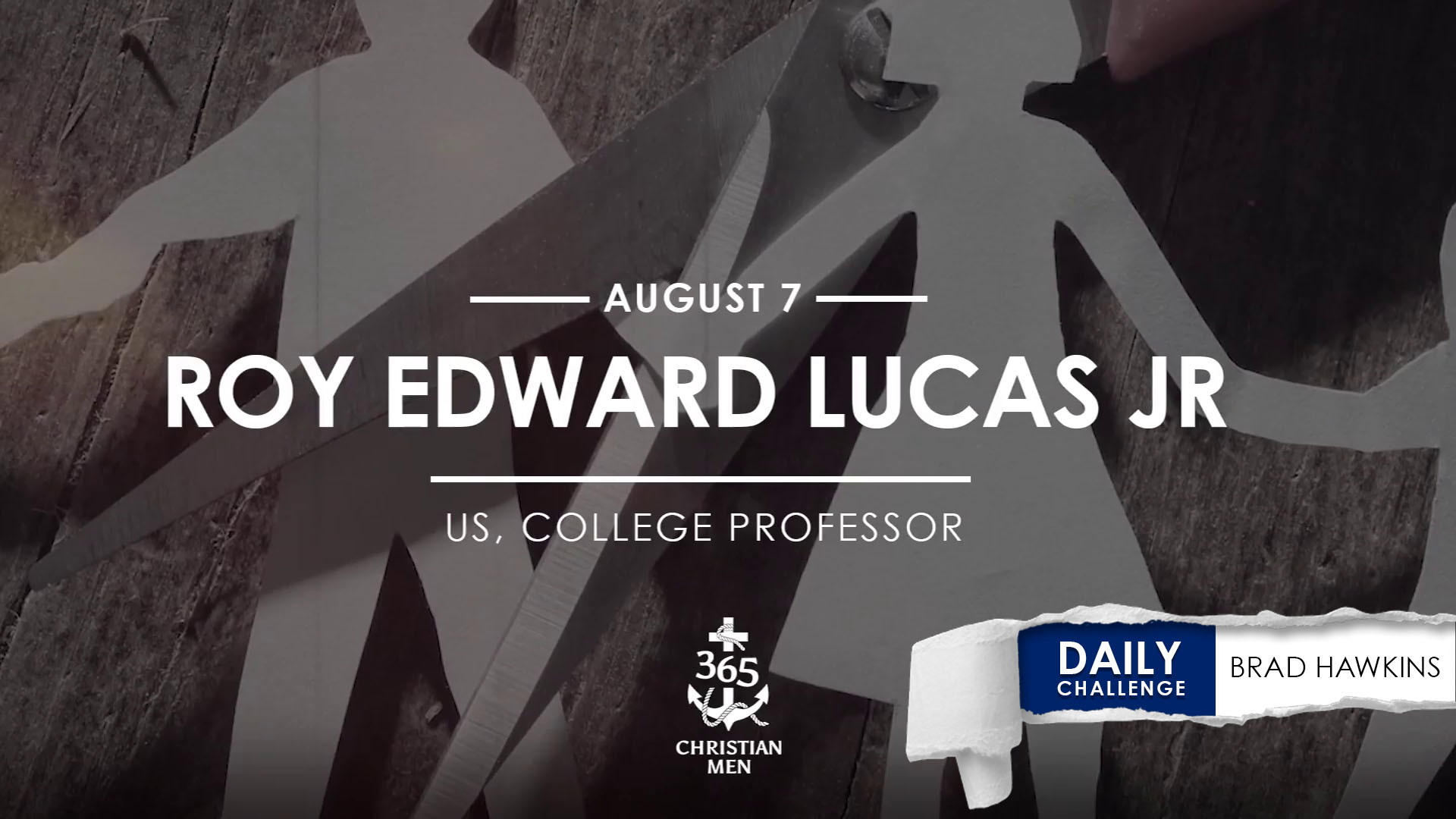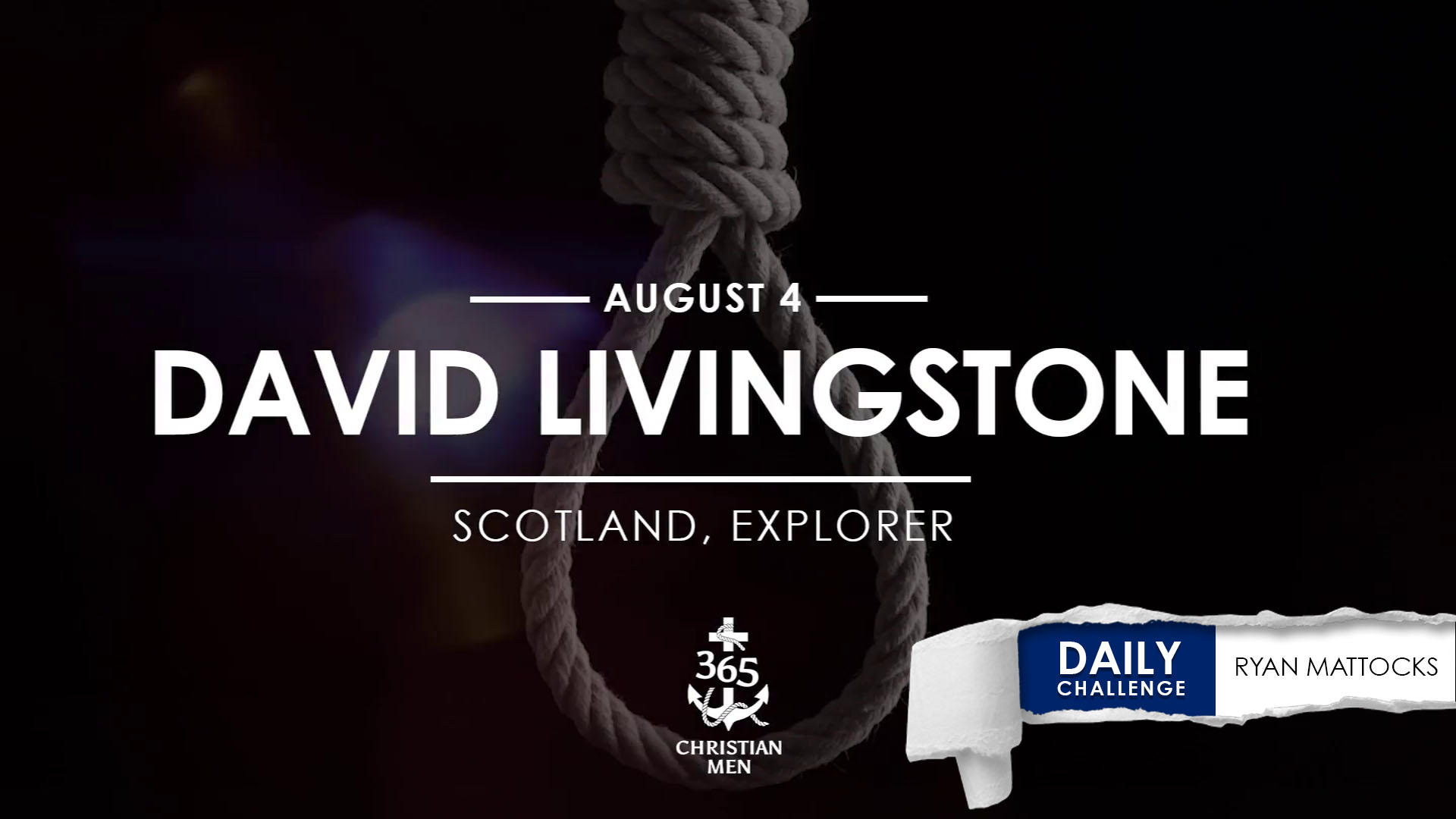August 12. Doug Smail. Doug—a left winger—played in the National Hockey League for 13 seasons from 1980 through 1993.
Doug is a man who loves God. He also loved hockey, but he loved his family more. On this date in 1990, at a Christian Training Camp, Doug dedicated his son Cody to God. Today’s story focuses on Doug and Cody.
You can’t outrun pain, so charge into it, and stay in the game.
Doug held his son Cody’s hand. Since his mother left, nine-year-old Cody often held Doug’s hand. “Let’s go for a walk, Buddy,” Doug said.
Losses had piled up. Because his wife demanded it, Doug left the pro-hockey career he had loved. But when he confronted her about her on-going affair, his wife chose divorce. She left, and the kids were devastated. Doug liquefied his assets. While the money lasted, he would be a “house daddy” and help his children heal.
As Doug and Cody wandered through a nearby field, Cody held on tight. “Watcha thinkin’ about, Daddy?”
Doug lifted tear-filled eyes to a blue sky. “Oh, Buddy, I was thinking of how great it would be to grab Anna, you, and Mom and just go to heaven.”
Cody was silent. Then he tugged on Doug’s hand. “That would be great, Daddy, but we’re still here … and that means Jesus must have some work for us to do.”
Cody was right. Doug had to stay in the game.
Twelve years later, Doug sat next to Cody’s hospital bed. The hand Doug held was now man-sized. Machines ensured Cody’s next breath, but his brain no longer functioned. Though they had resuscitated him, Cody had succeeded at taking his life.
When Cody was a baby, Doug had whispered, “The LORD bless you and keep you … the LORD turn his face toward you and give you peace” (Numbers 6:24–26 NIV).
As Cody grew and life confused him, he often asked for his blessing. Doug whispered it again. Evening came. The clock ticked to 9, Cody’s—and Doug’s—hockey number. Hospital personnel unplugged life support.
For twenty minutes Cody labored to breathe.
“Bud.” Doug fought for composure. “Man! We want you here…. We love you…. You are our world. Buddy, everyone … thinks getting my NHL contract was the best thing that happened to me…. But … you were my best thing ever. But if you want to go … I was there with you when you accepted Jesus…. It’s okay to go home.”
Cody took two long breaths. Then he was gone.
The agony of suicide’s godless evil could not be appeased. Doug’s pain was empty, hopeless, forlorn. But Doug had to stay in the game.
“The righteous cry out, and the LORD hears them; he delivers them from all their troubles. The LORD is close to the brokenhearted and saves those who are crushed in spirit” (Psalm 34:17–18 NIV).”
In hockey, you seldom score from the perimeter. You skate into the center and take the hits to get the shot. Doug couldn’t outrun the pain, so he charged into the chaos. He was real, honest, and raw. Looking to God’s truth, Doug fought for the intellectual capacity to stand against the “would-a, could-a, should-a” accusations.
Doug didn’t run from grief. He put on headphones to “be with Cody” and lost himself in Cody’s music. He relived memories. Baby-Cody-after-a-bath snuggled into Doug’s bare chest. Deep-thinking-child Cody, full of questions. Cool-teen Cody, who had welcomed outcasts. Cody on a ski slope. On the rink. At the beach.
One of Doug’s hardest battles was to reconcile the evil of suicide with the grace of heaven. For three months Doug charged into the fear. He screamed at God, “Let me know he’s okay!”
And God did.
One night, Doug asked, “Why does this hurt so much?”
One of Doug’s children said, “It’s because you love so deep.”
That’s Christ, Doug thought.
Today Doug says there is no answer for the pain of tragedy, “but you have to run into the chaos. You have to stay in the game.”
What pushes you out of the game? You can’t outrun pain, so charge into it, and stay in the game.
Based on an interview with Doug Smail, 2019.
Story read by: Blake Mattocks
Introduction read by: Daniel Carpenter
Audio production: Joel Carpenter
Editor: Teresa Crumpton, https://authorspark.org/
Project Manager: Blake Mattocks
Copyright © 2020, 365 Christian Men, LLC. All rights reserved.















